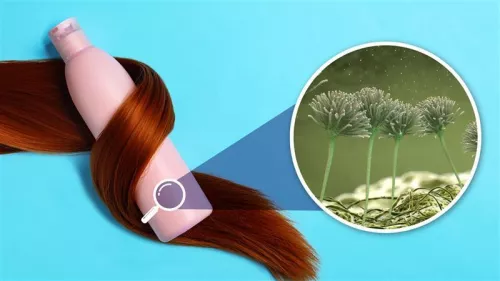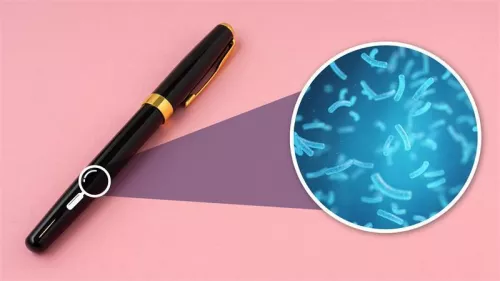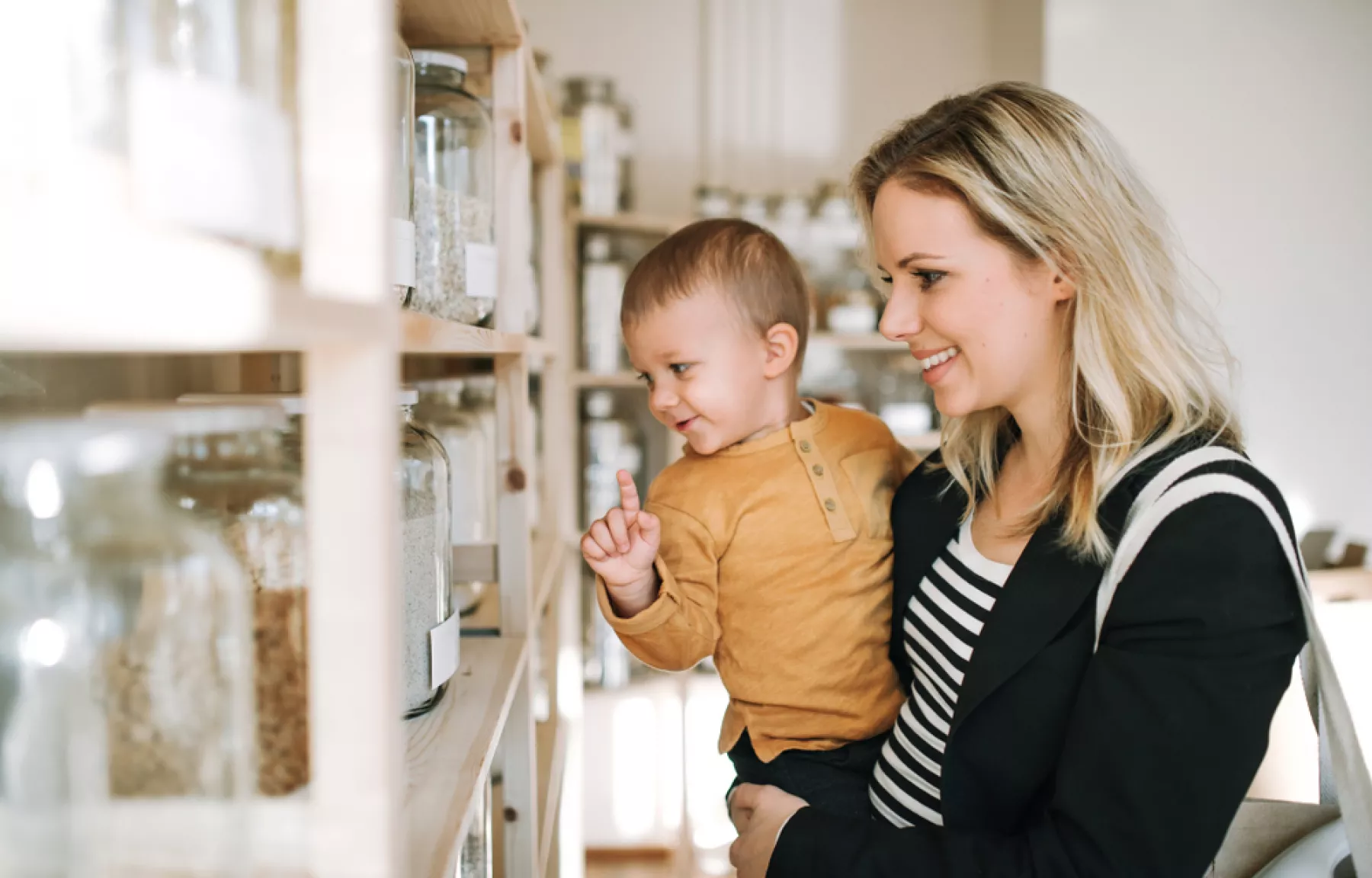The impact of plastic pollution on the environment is becoming a well-documented issue. At every step in its lifecycle, even long after it has been discarded, plastic creates greenhouse gas emissions that are contributing to climate change. With the world producing approximately 100 tonnes of plastic annually, the material is not just clogging landfill sites and threatening our oceans and marine life; it's accelerating the warming of our beloved planet.
As a result, many consumers are making sustainably conscious purchases - taking into account a product’s lifecycle and its direct impact on the environment to reduce waste.
NeilsenIQ's Global Sustainability Report showed 81% of respondents are in favour of companies implementing programs that will help improve the environment. Similarly, GlobalWebIndex reported 42% of US and UK consumers seek out products made from recycled/sustainable materials when it comes to their day-to-day purchases.
Also becoming increasingly popular are smartphone apps designed to guide consumers through the minefield of product labels, certifications, and policies to help them select greener products, as seen with Good On You, Giki, Think Dirty, and DoneGood to name a few.
It's clear that product sustainability is becoming an extremely important factor in consumer buying decisions. Brands looking to remain relevant to customers and improve brand loyalty need to consider the environmental footprint of their products.

Beauty and the Bacteria: The Challenges for Refillable Cosmetics Packaging
Clean conscious packaging refers to packaging that is produced to protect and conserve a product with low environmental impact. This covers everything from using smarter materials to the packaging's recyclability and reusability. Such packaging is largely being adopted in the beauty industry, specifically in relation to cosmetics packaging.
Refillable beauty products are nothing new. Powerhouse brands L’Occitine, Rituals, and REN Clean Skincare are amongst the many that now offer refillable pouches in an effort to be kinder to the environment and reduce waste. Some brands have gone a step further by providing half-price refills on refillable products as an incentive.
Whilst it sounds fairly easy, this kind of innovation is not without its challenges. Refillable bottles, especially for bath and body products, face continuous exposure to moisture, heat, and humidity - which in turn could lead to unsightly bacteria and mould growth on the packaging itself.
When the aim is to improve reusability with replenishable bottles, the risk of microbial growth on packaging can fundamentally lead to its premature disposal. Incorporating antimicrobial technology into packaging will help keep packaging visibly cleaner, fresher, and more durable during many refills, ultimately encouraging reuse and discouraging wastage.
For hotels and restaurants where soap and shower gel dispensers are in steady use, antimicrobial packaging is also a sustainable solution that could not only contribute to cost savings but also offer guests added peace of mind.

Hubble Bubble, Toys in Trouble: Mould Growth on Reusable Baby Products
For many parents, there is no denying that what is put on, in, and around their little one matters. From changing mats and baby baths to teething toys and milk bottles, parents today are doing their homework more than ever - both for the welfare of their child and for the future of the environment.
Baby products in general are relatively unique as they can hold sentimental value, and therefore can be kept or passed on within the family or amongst friends. British Toy and Hobby Association found that 75% of people passed their toys on to other family members and 64% donated them to charity. Yet a recent Multi-sponsor Surveys study found that 1 in 2 consumers are concerned about bacteria on baby products.
Considering how easily baby products are exposed to food, saliva, and sticky fingers, the concern for bacteria and microbes is valid. Likewise, for bath toys and baby bottles that are continually exposed to moisture and humidity, there is a constant risk of visible mould and mildew growth. Take a moment to remind yourself of the mould found in THAT infamous giraffe bath toy!
Manufacturers of baby products and toys need to be mindful of parental concerns when it comes to packaging and materials. Products that become visibly unclean will almost certainly be seen as a threat to young children, leading to their premature disposal - which in turn increases the planet's landfill woes.
Luckily for manufacturers, incorporating antimicrobial technology into baby products is as easy as A-B-C. The built-in formulation actively reduces degrading microbial growth on the surface of treated products, helping them stay hygienically cleaner, fresher, and more durable. This means they are less likely to be thrown away due to cleanliness concerns. A win-win for parents and the planet!

Sketchy Stationery: Microbes on Pens, Notebooks, and Other Stationery Items
In addition to the classroom, companies look to stationery as popular giveaway items and take careful consideration on branded supplies to reinforce a professional image. From corporate pens and notebooks to stamps and letterheads, these items all work together to support an organisation’s brand identity.
Often following us home from business events, hotels, and other general places, the EPA estimates that 1.6 billion pens are thrown away per year in the US alone, and 35% of US landfills contain plastics commonly found in pens. Ask yourself this: if a pen stayed hygienically cleaner and lasted longer, would you be less likely to dispose of it?
The fact is, stationery equipment is subject to frequent hand-to-hand contact by different people. Pens in particular are often nibbled thoughtfully whilst users are seeking inspiration. This means stationery can harbour large quantities of bacteria. Let's look at the facts:
- Human hands encounter up to 10 million bacteria every day
- The average desk is 400 times dirtier than a toilet seat
- Pens are often placed into the mouth, transferring bacteria from person to pen and vice versa
- Globally, 4 out of 5 people don't wash their hands
Changing and cleaning stationery each time it is used is unrealistic, especially in fast-paced environments like hospitals, airports, and restaurants. Be honest - how often do you clean your own stationery?
At a time when hygiene and cleanliness are more important than ever before, 64% of consumers now feel it is important to purchase products with a built-in line of defense against bacteria. And that's where Microban® can help. Our antimicrobial solutions are added to products such as pens, pencils, and highlighters at the stage of manufacture, delivering permanent surface protection against bacterial growth.
How Can Antimicrobial Technology Help Enhance Consumer Products and Reduce Plastic Waste?
Cleaner and longer-lasting products with built-in Microban antimicrobial technology can help consumers cut down on waste and enhance a company’s sustainability message. Built-in during the manufacturing process, the technology is active and present for the usable lifetime of the product, helping to prevent the growth of bacteria and mould 24/7.
Key Benefits of Built-In Antimicrobial Technology:
Provides added peace of mind for consumers
Suitable for integration into a range of plastic materials
Keeps products and surfaces cleaner and fresher for their expected lifetime
Improves product durability and helps reduce plastic waste
Ready to create more sustainable versions of your products? Contact us today.


